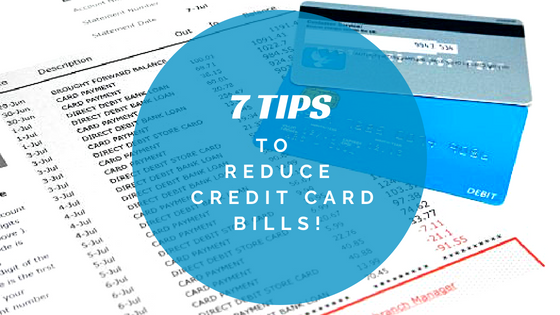Over-the-counter trading refers to buying and selling securities outside the official stock exchange. It includes penny stocks, bonds, derivatives, and currencies. Over-the-counter trading allows two parties to trade on an electronic network using a dealer broker as a middleman.
Unlike other stock markets, over-the-counter trading is not regulated by any government institution; the equities are subject to rules and regulations imposed by the parties involved. Additionally, otc trading is also considered public but not listed, which means their stocks can be openly bought and sold, not listed in major stock exchanges such as the New York stock exchange.
Below are three types of businesses that can significantly benefit from otc trading using an electronic network such as Zerocap.
The Private Clients
They allow free trade of securities between parties without outside interference. Traders can set their prices while the brokers deal on their own. A private client would prefer trading on over counter market groups because they are less regulated, and it assures a higher level of privacy than exchanges.
Over-the-counter trading will enable a private client to buy or sell securities even if they do not reach the qualifications of exchanges. Since the markets change with the atmosphere, a private client can also change the prices of the securities accordingly.
Benefits of OTC to Banks
Over-the-counter market groups are vital aspects of global finance; they possess essential derivatives. Its flexibility allows the banks to adjust derivatives contracts to match their risk exposure. Since over-the-counter trading will enable companies that do not qualify for listing to trade, financial institutions benefit from increased liquidity in the financial market.
Generally, the risk of speculation and unexpected events can hurt the market’s stability. Lack of transparency and weak liquidity can also be destructive during a financial crisis. It is also vital to note that OTC trading has its share of risks, such as the counter risk, where one party defaults before fulfilling the agreement.
Benefits of OTC to Institutions
Several benefits are associated with over-the-counter trading, a significant attraction to institutions. First, there is a high degree of flexibility regarding the agreement terms that the parties can negotiate. The limited transparency in over-the-counter trading enables the traders to hide their trading intentions from the other users and know who is on the other side of the trade.
It is also crucial to note that, over the counter, trading comes with numerous risks too. For example, if you are looking to buy an asset, the price of the assets will depend on the seller’s bargaining power since there are no set pricing standards. In such cases, it is possible to prevent beneficial mutual trade.
The lack of transparency can also make identical assets trade at different prices simultaneously; if there could be even the slightest transparency, such risks could be avoided. Surprisingly, there are cases of price dispersion in centralized over-the-counter markets.
Bottom Line
If you are new to the stock exchange, it would be helpful to choose an appropriate market tier in the otc markets groups; it will help you gain more experience on how the otc works. Supposing you are ready to learn a new thing, it would be a brilliant idea to try otc trading.
Read Also:
























